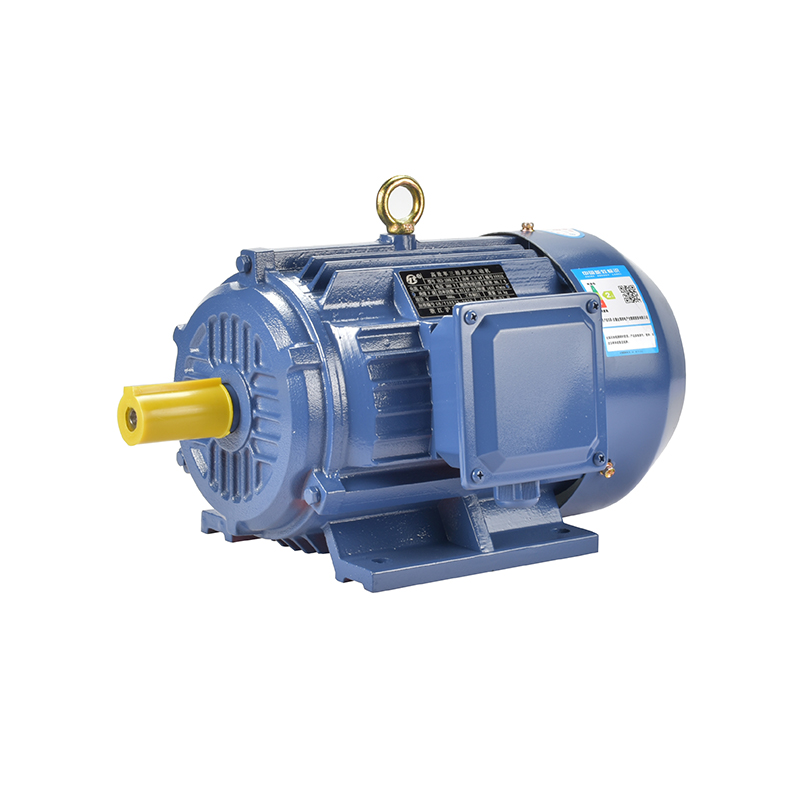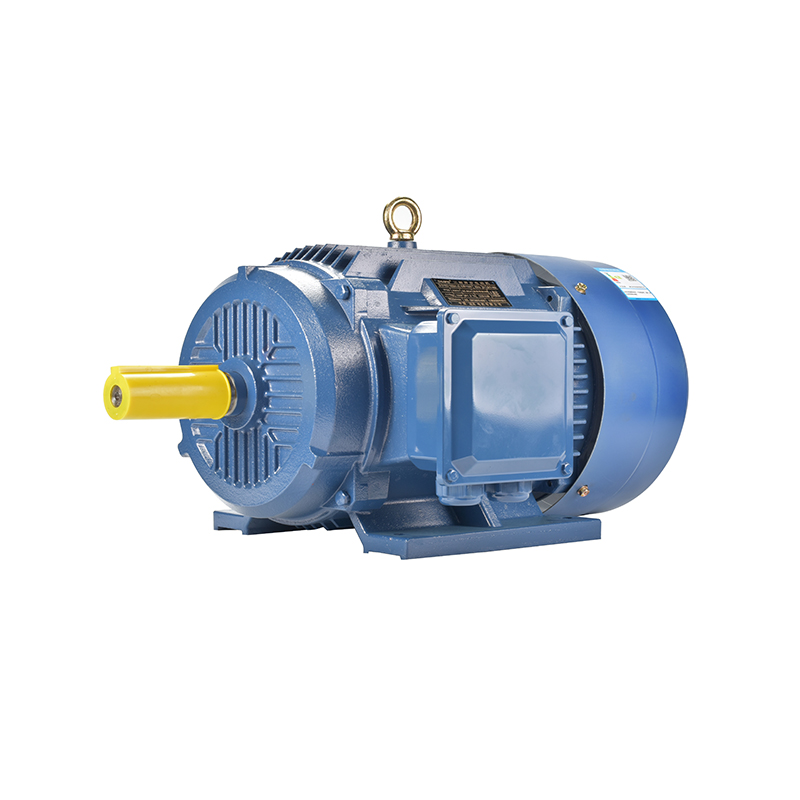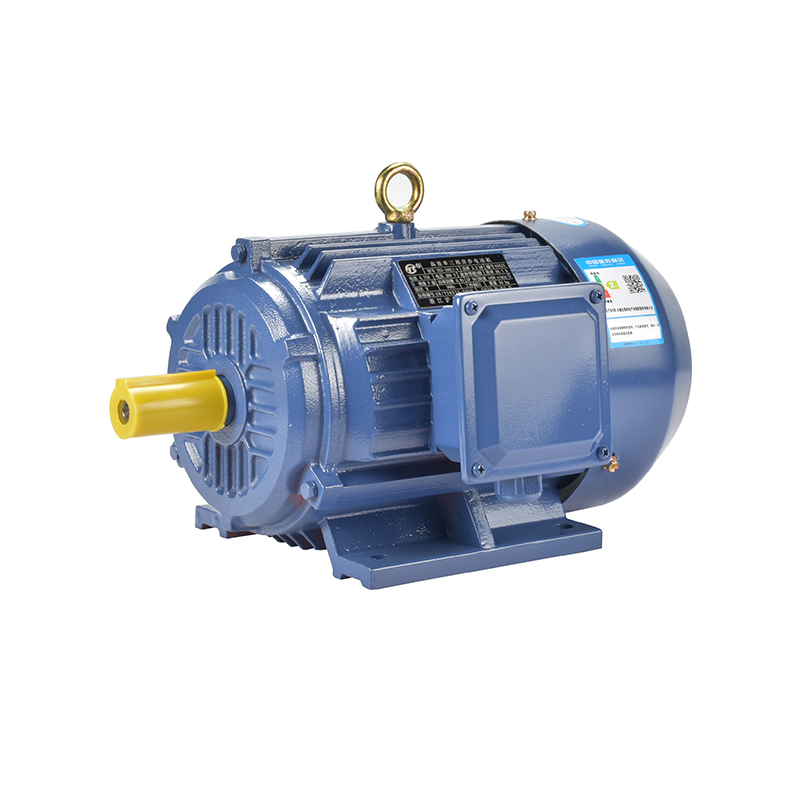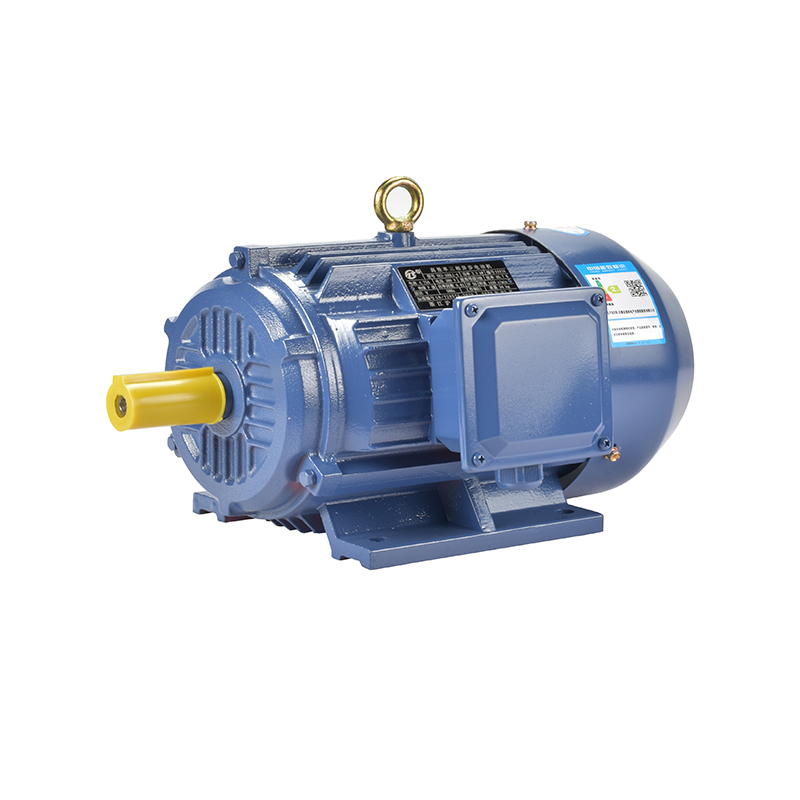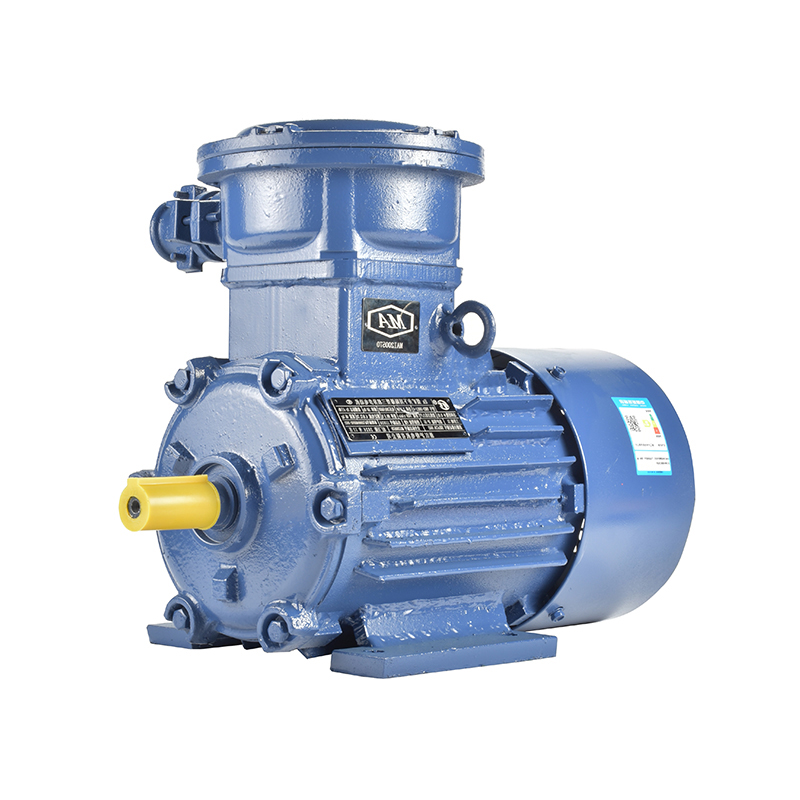Flameproof Three Phase Electric Motor Tackles Hazardous Environment Challenges
In industries where safety is paramount, the Flameproof Three Phase Electric Motor has become a critical solution for operations conducted in hazardous environments. These motors are specifically designed to operate safely in areas where flammable gases, vapors, or dust may be present. The integration of such motors ensures that industries like oil and gas, chemical manufacturing, and mining can continue operations while less the risks of explosions and fires.

The Role of Flameproof Motors in Hazardous Environments
A Flameproof Three Phase Electric Motor is built with enhanced safety features that prevent the ignition of surrounding hazardous materials. This motor type is engineered to contain any internal sparks or heat that may occur during its operation, thereby preventing ignition outside its casing. These features are crucial in industries like petrochemical processing, where volatile substances are often handled. Such a motor type ensures both employee safety and operational continuity, reducing the risk of catastrophic accidents.
By maintaining consistent performance in potentially dangerous environments, the Flameproof Three Phase Electric Motor is a preferred choice for these critical sectors. It helps businesses adhere to safety regulations, which are stringent due to the nature of the materials and the high-risk environments in which they operate.
Understanding the Differences Between Flameproof Motors and Other Machines
While the Flameproof Three Phase Electric Motor serves as a reliable option for hazardous conditions, there are other motor types that serve different purposes, like the single phase ac machine. A single phase ac machine is generally used in lighter, less hazardous applications, often found in residential and small commercial settings. These motors are typically less complex than their flameproof counterparts and are more suited for low-power requirements.
Although the single phase ac machine is reliable for its intended applications, it cannot provide the same level of protection as the Flameproof Three Phase Electric Motor in high-risk environments. The Flameproof Three Phase Electric Motor’s robust design and enhanced safety features are what make it suitable for industrial sectors that demand a higher degree of protection.
Performance and Durability of Flameproof Motors
When operating in environments with hazardous gases or chemicals, the durability of a Flameproof Three Phase Electric Motor is essential. These motors are often built with corrosion-resistant materials to withstand harsh conditions. Whether exposed to moisture, dust, or high temperatures, they maintain efficient functioning for extended periods. This durability reduces maintenance costs, making them a cost-effective choice over time.
Additionally, these motors are designed for continuous operation, which is crucial in industries where downtime can result in significant financial losses. The ability to keep running without compromising safety makes the Flameproof Three Phase Electric Motor invaluable in high-risk industries.
Technological Advances in Flameproof Motor Design
The design of the Flameproof Three Phase Electric Motor continues to evolve, incorporating new technologies that further enhance safety and efficiency. One of the lots of notable advances is the integration of advanced thermal management systems that ensure the motor remains at good operating temperatures, even in bad conditions. These systems reduce the risk of overheating, a common concern in hazardous environments.
Furthermore, modern Flameproof Three Phase Electric Motors often come equipped with intelligent monitoring systems. These systems track the motor’s performance in real-time, providing valuable data for maintenance teams. This predictive capability helps prevent failures before they occur, ensuring that operations remain uninterrupted.
Safety Beyond the Motor: Integrating Flameproof Motors with Other Systems
To ensure comprehensive safety, the Flameproof Three Phase Electric Motor is often integrated with other safety systems within an industrial setting. These systems include explosion-proof enclosures, safety alarms, and automated shutdown mechanisms. The combined operation of these elements creates a robust safety network that less the risk of an incident.
The single phase ac machine typically operates in a less complex environment and does not require the same level of integration with additional safety systems. Its primary focus is on efficiency and cost-effectiveness, particularly in residential and light commercial settings.
-
Feedback



 English
English русский
русский Español
Español عربى
عربى

